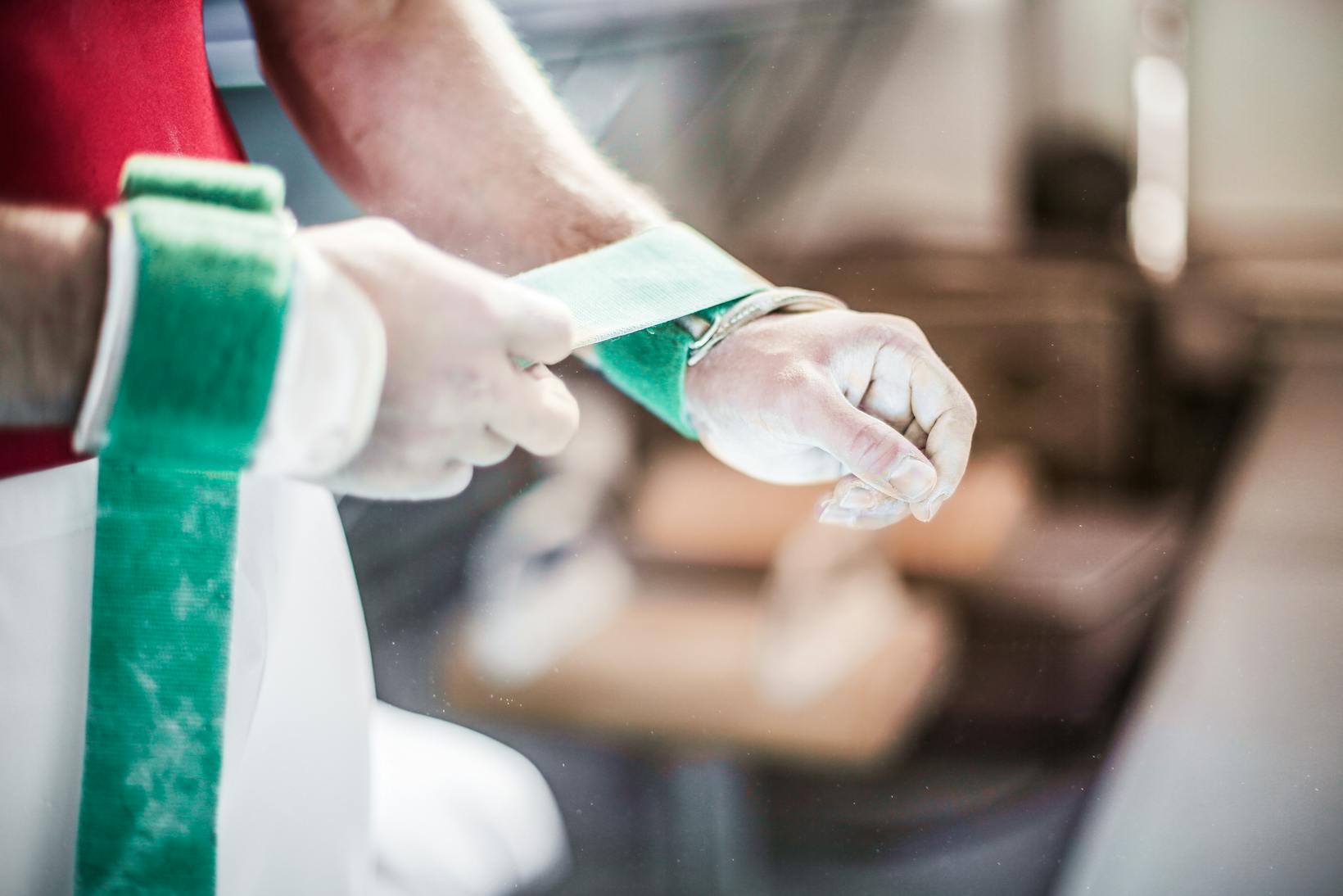Choosing the right college is a pivotal decision in anyone’s life. It becomes even more critical when it pertains to specialized fields like sports medicine. This article aims to guide aspiring sports medicine professionals in finding the best college that aligns with their career goals.
The world of sports medicine is vast and dynamic, and the right college can make all the difference. It’s not just about the curriculum, but also about the opportunities for real-world experience, research, and networking. So, let’s delve into the journey of finding the best college for sports medicine, where passion meets excellence.
Best College For Sports Medicine
A critical aspect of sports medicine education is the core curriculum. It’s not only about mastering the required academic knowledge, but also about learning to apply this knowledge in a practical setting. For example, foundational courses in human anatomy, physiology, and biomechanics form an integral part of the core curriculum.
The Core Curriculum
Concurrently, specialized courses like exercise prescription, sports injury management, and rehabilitation are typically included. These courses equip students with the necessary skills to function effectively within a sports medicine team.
Hands-On Experience and Internships
 Pairing education with practical exposure, hands-on experience and internships become indispensable components of sports medicine education. Many top universities around the globe encourage students to take part in clinical rotations. These rotations often involve working closely with athletes, learning to diagnose and manage sports-related injuries, and implementing injury prevention strategies. For instance, a student might intern at a local sports team, gaining direct experience handling common sports injuries. Thus, by intertwining education with real-world practice, the student solidifies their theoretical knowledge and sharpens their clinical skills.
Pairing education with practical exposure, hands-on experience and internships become indispensable components of sports medicine education. Many top universities around the globe encourage students to take part in clinical rotations. These rotations often involve working closely with athletes, learning to diagnose and manage sports-related injuries, and implementing injury prevention strategies. For instance, a student might intern at a local sports team, gaining direct experience handling common sports injuries. Thus, by intertwining education with real-world practice, the student solidifies their theoretical knowledge and sharpens their clinical skills.
Key Factors in Choosing a Sports Medicine Program
In selecting a sports medicine program, several key factors require close consideration to guarantee a high quality educational experience.
Accreditation and Reputation
 Parameters like accreditation and reputation play a pivotal role in the selection process. An accredited program translates into credibility. Indeed, scrutinize whether the program holds accreditation from institutions such as the Commission on Accreditation of Athletic Training Education (CAATE) or similar bodies. This signifies that the curriculum adheres to established standards, ensuring the program’s quality. Furthermore, having a degree from an accredited institution helps in job prospects, with employers favoring candidates with an authoritative accreditation.
Parameters like accreditation and reputation play a pivotal role in the selection process. An accredited program translates into credibility. Indeed, scrutinize whether the program holds accreditation from institutions such as the Commission on Accreditation of Athletic Training Education (CAATE) or similar bodies. This signifies that the curriculum adheres to established standards, ensuring the program’s quality. Furthermore, having a degree from an accredited institution helps in job prospects, with employers favoring candidates with an authoritative accreditation.
Reputation is another critical factor. One can ascertain reputability by examining factors such as the program’s track record for student success in passing licensing exams, job placement rates, faculty expertise, and research opportunities. For example, a high pass rate on national certification exams by students from a particular college indicates efficient teaching methods and quality course content.
Facilities and Equipment
 Looking at the facilities and equipment provided by the college proves essential in choosing a program. Specifically, modern facilities and state-of-the-art equipment prepare students better for their eventual careers in sports medicine. For instance, a college equipped with cutting-edge laboratories, rehabilitation centers, and technology like human motion capture systems, muscle function testers, and high-speed cameras provides students with opportunities to apply theoretical knowledge, making the learning process more practical and efficient. Hence, students from such colleges are often more prepared to handle real-world scenarios pertaining to sports injuries.
Looking at the facilities and equipment provided by the college proves essential in choosing a program. Specifically, modern facilities and state-of-the-art equipment prepare students better for their eventual careers in sports medicine. For instance, a college equipped with cutting-edge laboratories, rehabilitation centers, and technology like human motion capture systems, muscle function testers, and high-speed cameras provides students with opportunities to apply theoretical knowledge, making the learning process more practical and efficient. Hence, students from such colleges are often more prepared to handle real-world scenarios pertaining to sports injuries.
In brief, these factors – accreditation, reputation, and facilities – all would make a difference in choosing the sports medicine program that best fits a student’s career aspirations and educational requirements.
Conclusion
Choosing the right college for a sports medicine program isn’t a decision to take lightly. It’s crucial to consider factors such as accreditation, college reputation, and available facilities. A program accredited by recognized institutions like CAATE assures quality education. The reputation of the program, reflected in student success and job placement rates, is a testament to its effectiveness.

